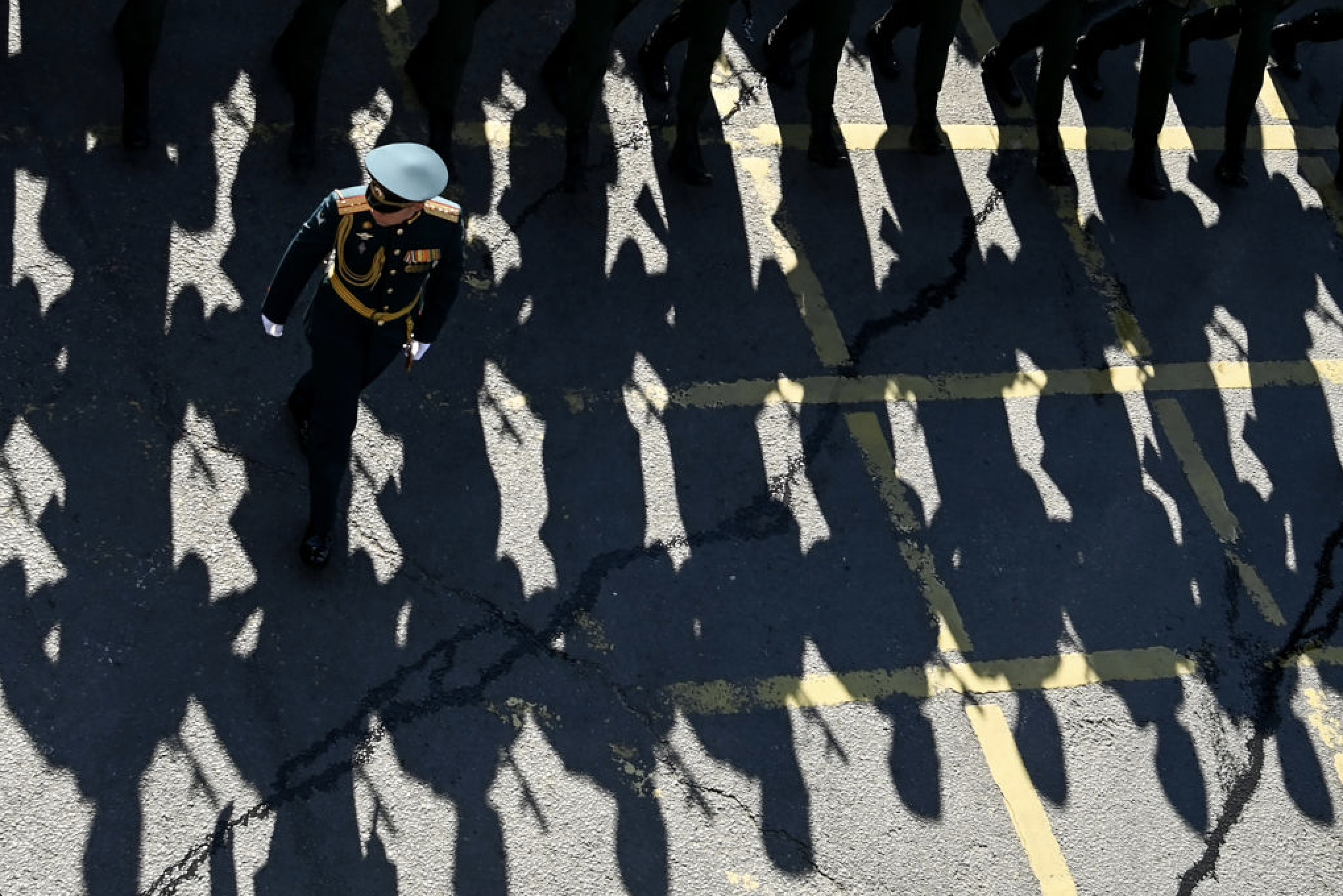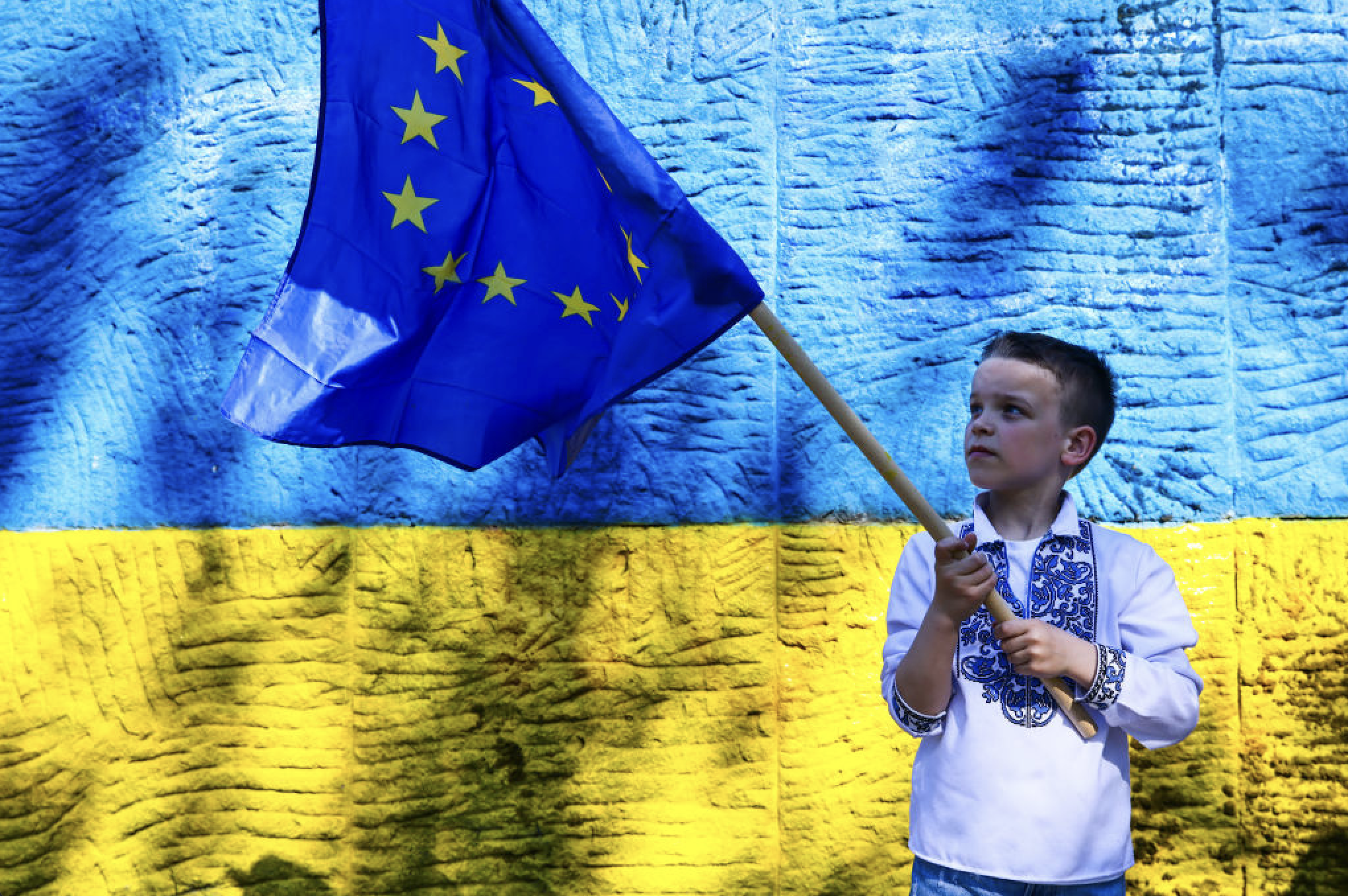Kosovo joins G7 declaration on Ukraine's security guarantees.
Kosovo has joined the Group of Seven's (G7) declaration on security guarantees for Ukraine, reported [1]Kosovan Prime Minister Albin Kurti. "Ensuring victory for Ukraine -- and holding Russia's leaders accountable for their crimes -- is essential to the preservation of peace and democracy," Kurti tweeted. "Kosova stands ready to contribute to these efforts." Kosovo has become the 20th country to join the declaration, presented[2] at the July NATO summit in Vilnius.
Among the latest to commit were the Baltic states[3], Bulgaria, North Macedonia[4], and Greece[5]. The security guarantees are meant to be explicit and long-lasting obligations aimed at bolstering Ukraine's ability to resist Russian aggression. They will also address sanctions, financial aid, and post-war reconstruction.
Richard Cashman: Understanding Russia's imperial conceits
Understanding Russia's February 2022 full-scale invasion of Ukraine as part of an imperial war begun in 2014 has become increasingly commonplace in Euro-Atlantic foreign policy-making circles and amongst a wider group of countries concerned with ending the war. Yet the full range of imperial conceit...
 [6]
[6]
Announcing the decision, Kosovan PM published a statement in support of Ukraine, condemning Russia's full-scale invasion. "The effects of the conflict have also rippled far beyond Ukraine's borders.
In an effort to distract attention from its illegal war, Russia is attempting to destabilize the Western Balkans, with the help of its main autocratic allies in the region," reads the statement. According to Kurti, since Russia started its all-out war against Ukraine last February, Kosovo has joined U.S. and EU sanctions regime, offered to host up to 5,000 refugees from Ukraine, and "welcomed 18 Ukrainian journalists offering them a safe space to continue their mission of speaking truth to power." Ukraine hasn't recognized Kosovo, which has an ethnic Albanian majority, as an independent state after it broke away from Serbia following a war in 1998-99.
The U.S. and most EU member states have recognized Kosovo's independence, which was officially declared in 2008.
Carl Bildt: The return of EU enlargement Strange as it sounds, the European Union's most successful policy ever has been deeply unpopular in Brussels for the past decade. But now, the view from the bloc's political and governing institutions is changing.
EU enlargement is back on the agenda, and it will remain there. The
 [7]
[7]
References
- ^ reported (twitter.com)
- ^ presented (kyivindependent.com)
- ^ the Baltic states (kyivindependent.com)
- ^ North Macedonia (kyivindependent.com)
- ^ Greece (kyivindependent.com)
- ^ Richard Cashman: Understanding Russia's imperial conceitsUnderstanding Russia's February 2022 full-scale invasion of Ukraine as part of an imperial war begun in 2014 has become increasingly commonplace in Euro-Atlantic foreign policy-making circles and amongst a wider group of countries concerned with ending the war. Yet the full range of imperial conceit... (kyivindependent.com)
- ^ Carl Bildt: The return of EU enlargementStrange as it sounds, the European Union's most successful policy ever has been deeply unpopular in Brussels for the past decade.
But now, the view from the bloc's political and governing institutions is changing.
EU enlargement is back on the agenda, and it will remain there.
The
(kyivindependent.com)